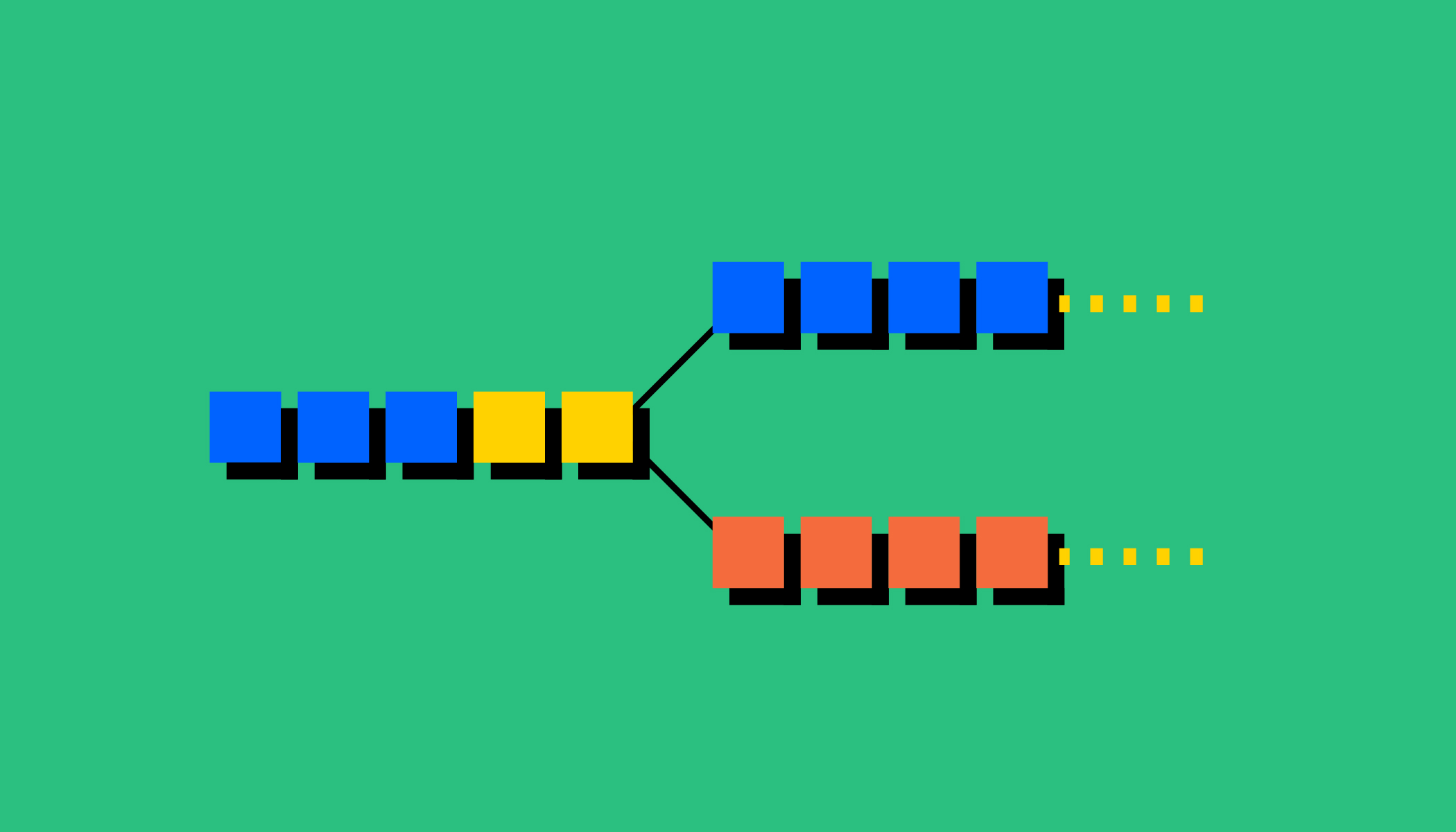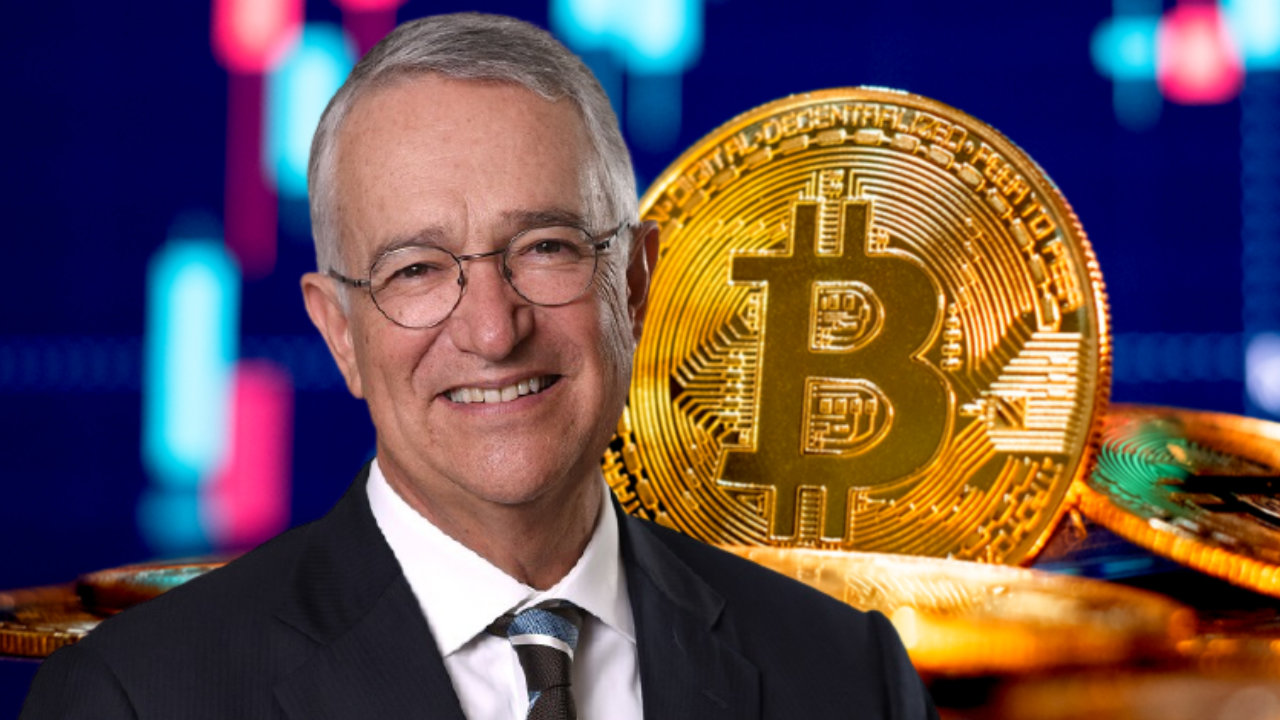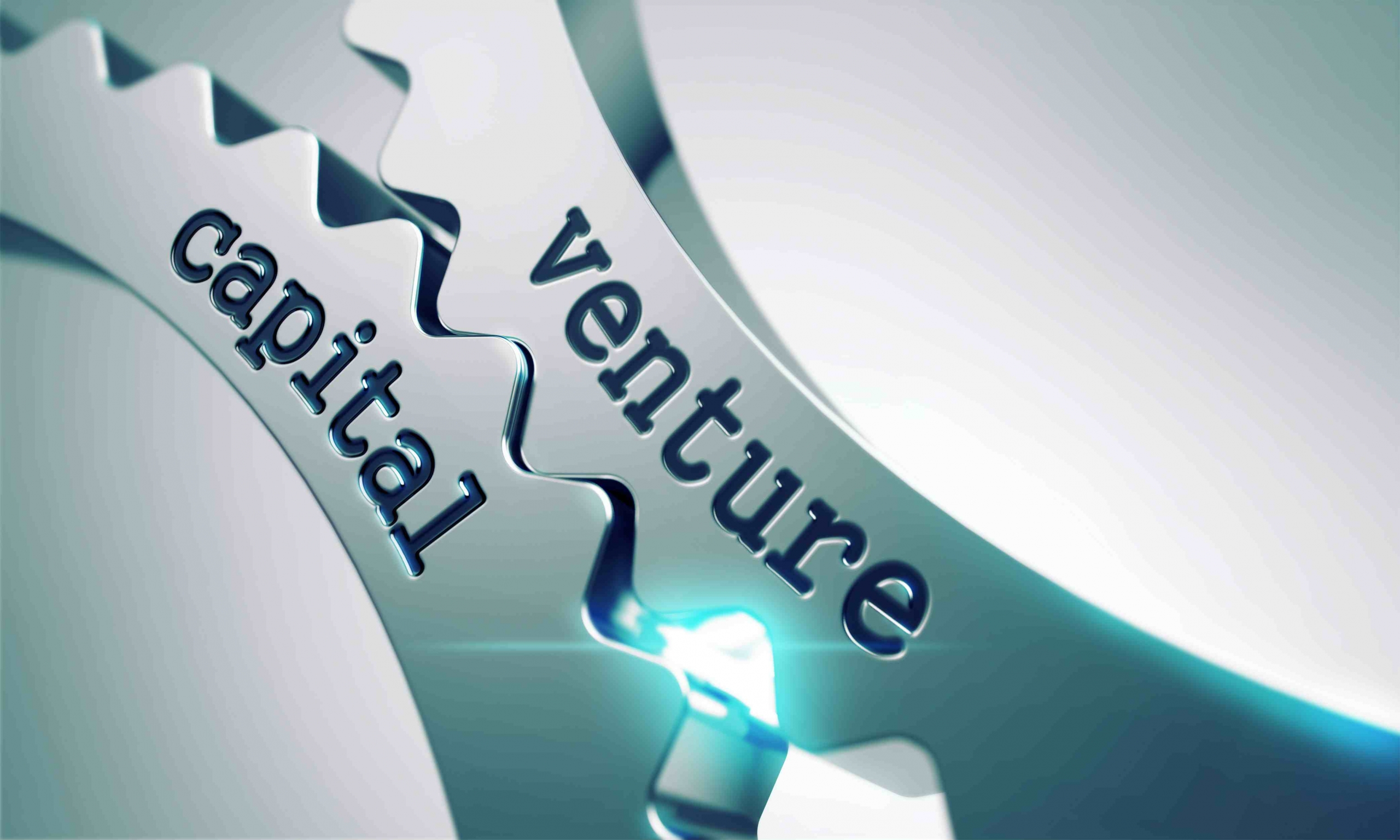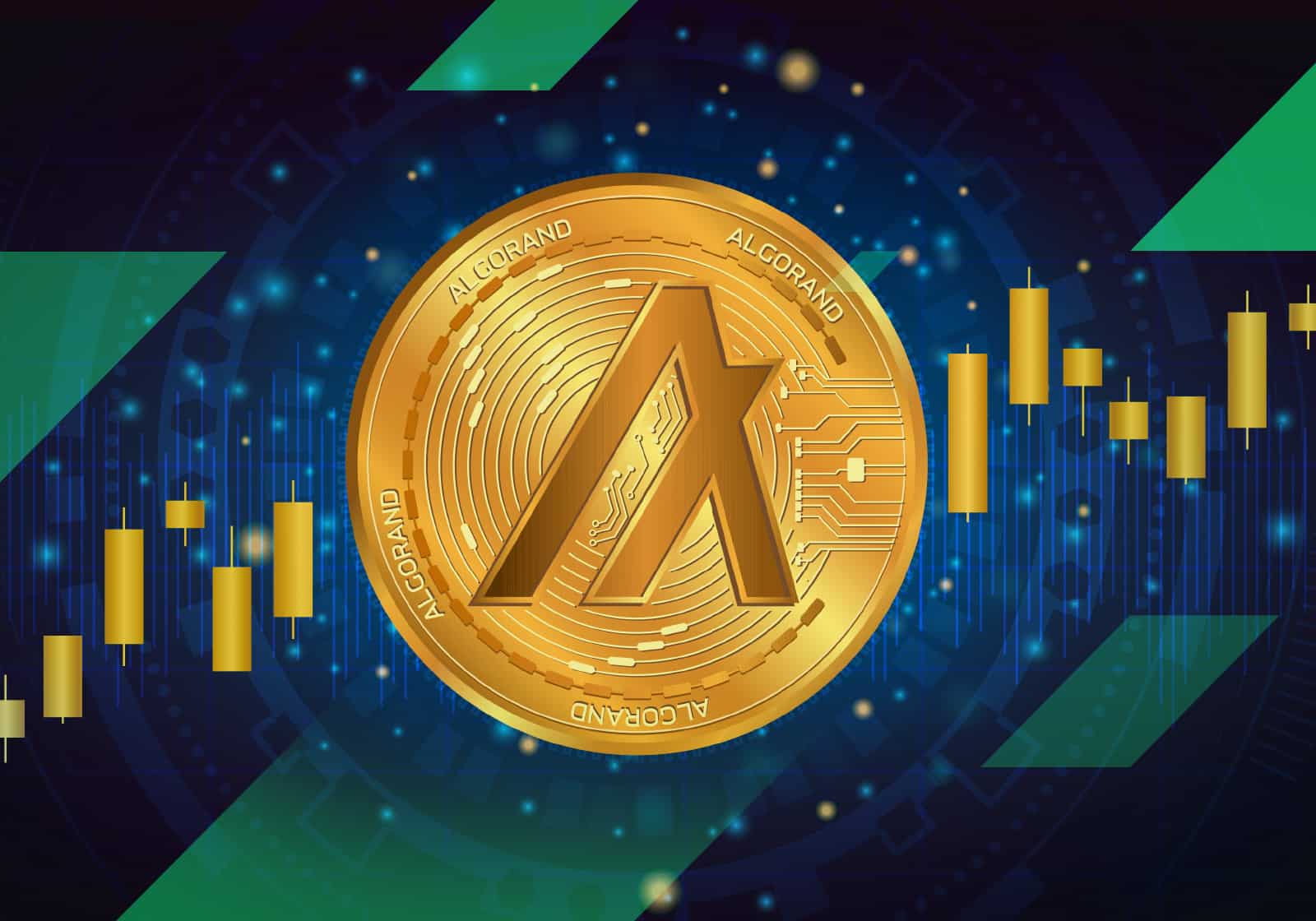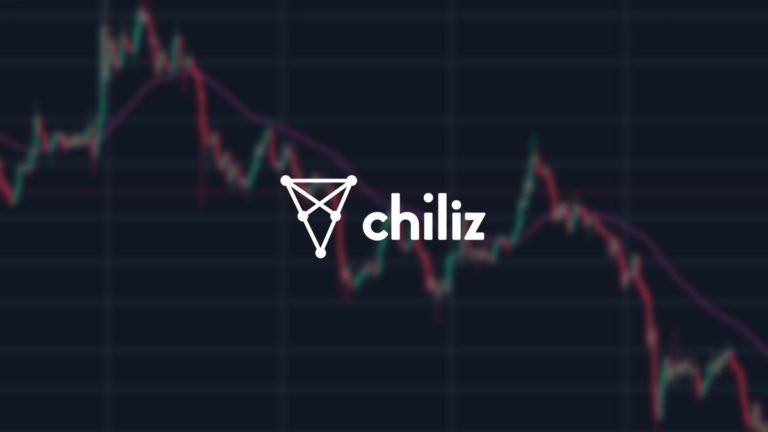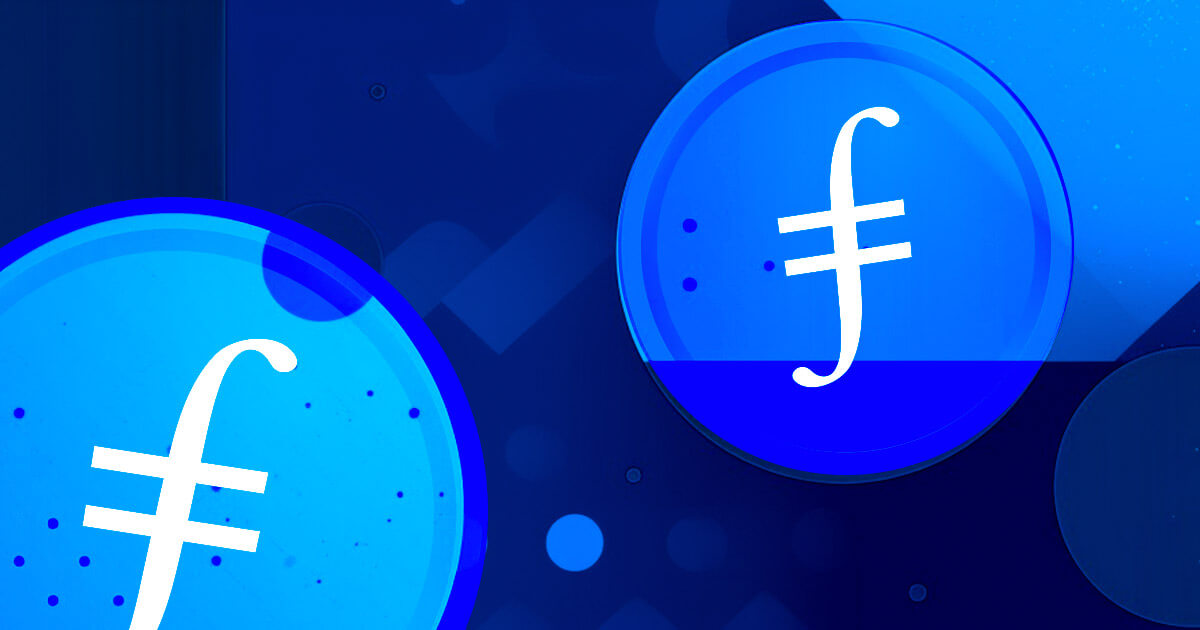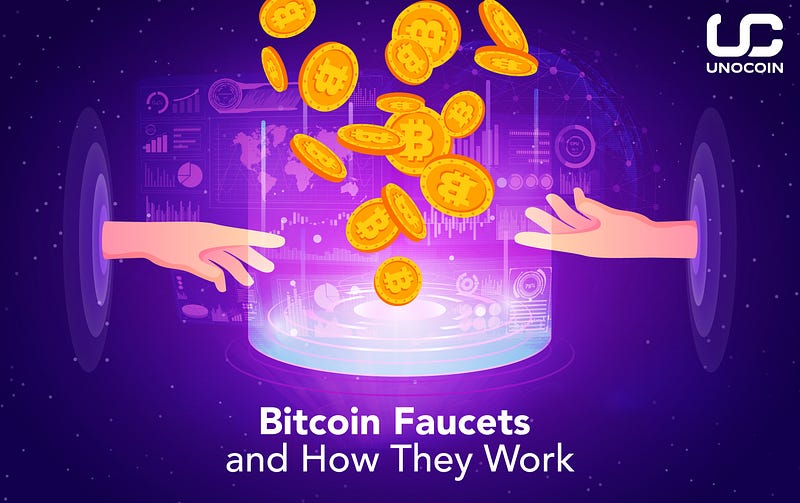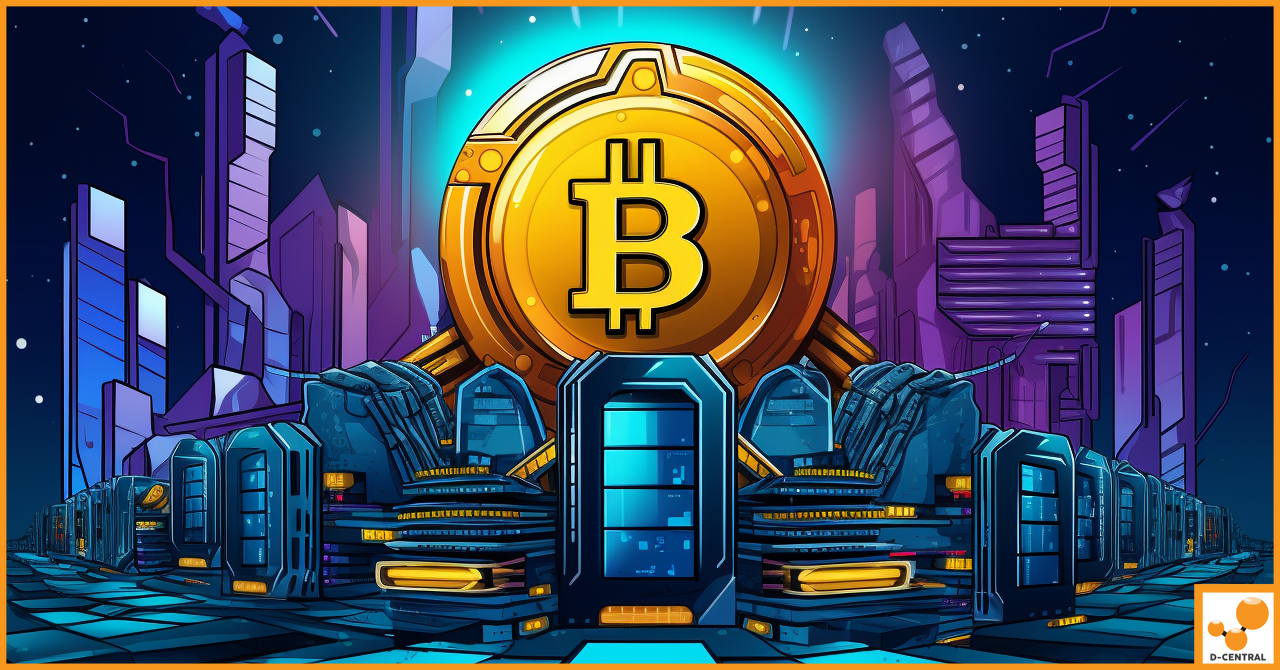$53 million raised for Assange showed the power of DAOs
The AssangeDAO is a significant example of the?power of DAOs?to mobilize people around a common cause.
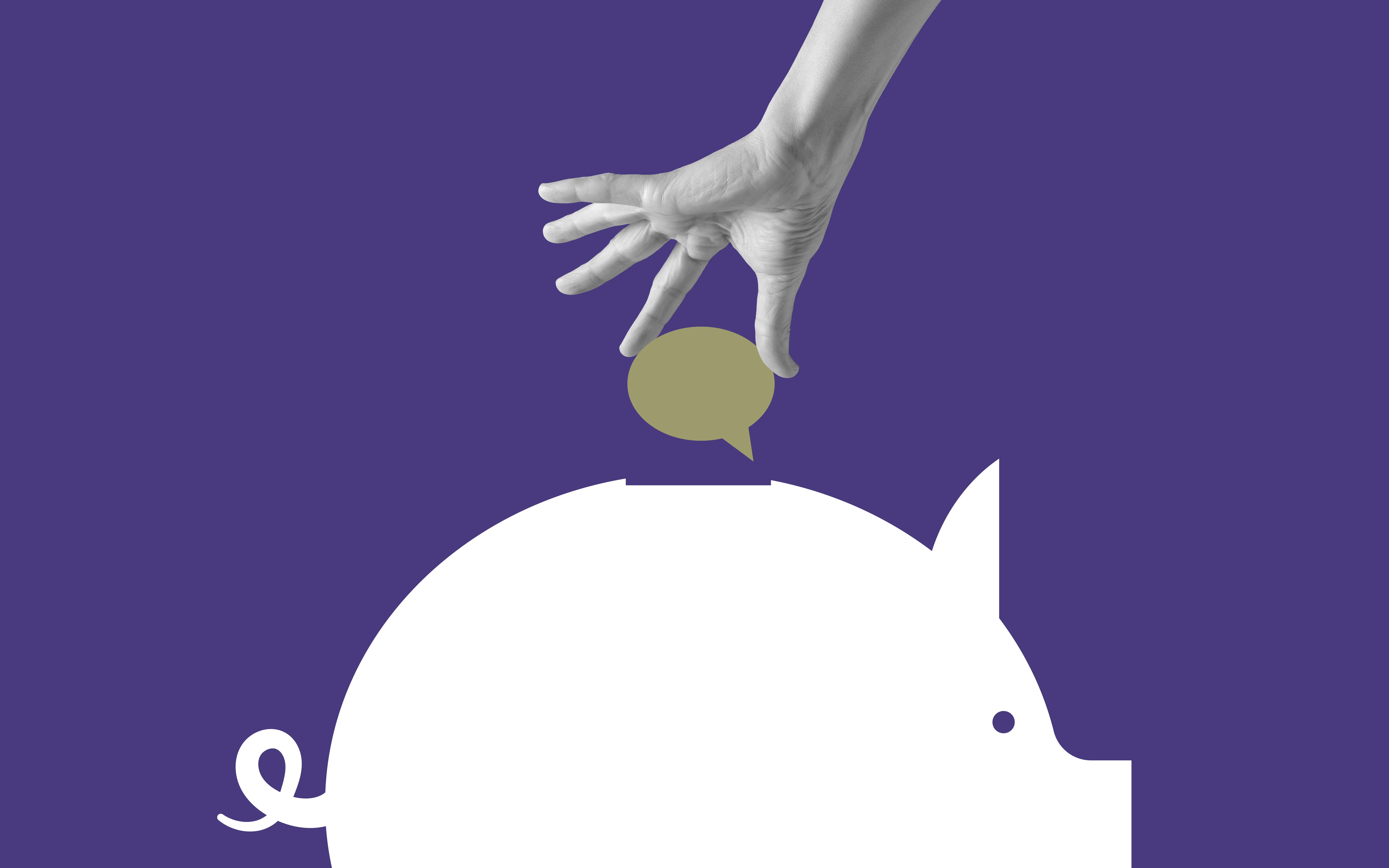
On February 8, 2023, a decentralized autonomous organization (DAO) called the AssangeDAO raised $53 million in cryptocurrency to help Julian Assange, the founder of WikiLeaks, with his legal defense. This was the largest fundraising campaign ever conducted for a legal defense, and it showed the power of DAOs to mobilize people around a common cause.
DAOs are organizations that are governed by smart contracts, which are self-executing contracts that are stored on a blockchain. This means that DAOs are decentralized and autonomous, and they are not controlled by any one individual or group.
The AssangeDAO was created by a group of people who were concerned about Assange's legal situation. Assange has been facing charges of espionage and conspiracy for over a decade, and he has been held in solitary confinement for much of that time.
The AssangeDAO raised funds by selling NFTs (non-fungible tokens), which are digital assets that are stored on a blockchain. The NFTs were sold for a variety of prices, and some of them were sold for millions of dollars.
The funds raised by the AssangeDAO will be used to help pay for Assange's legal defense and to support his family. The DAO will also work to raise awareness of Assange's case and to advocate for his release.
The AssangeDAO is a significant example of the power of DAOs to mobilize people around a common cause. DAOs can be used to raise funds, to coordinate activities, and to make decisions in a decentralized and autonomous way.
How DAOs work
DAOs work by using smart contracts, which are self-executing contracts that are stored on a blockchain. Smart contracts can be used to automate a variety of tasks, such as raising funds, distributing funds, and making decisions.
DAOs are typically governed by a set of rules that are encoded into a smart contract. These rules can be changed by the members of the DAO, but they are enforced by the smart contract, which cannot be tampered with.
The benefits of DAOs
DAOs offer a number of benefits, including:
- Transparency: DAOs are transparent because all of their transactions are recorded on a blockchain. This means that anyone can see how the DAO is spending its money and making decisions.
- Decentralization: DAOs are decentralized, which means that they are not controlled by any one individual or group. This makes them more resistant to censorship and corruption.
- Autonomy: DAOs are autonomous, which means that they can make decisions without the need for human intervention. This makes them more efficient and agile than traditional organizations.
The drawbacks of DAOs
DAOs also have some drawbacks, including:
- Complexity: DAOs can be complex to set up and manage. This is because they require a good understanding of smart contracts and blockchain technology.
- Security: DAOs are vulnerable to hacks and security breaches. This is because they are stored on a blockchain, which is a public and distributed ledger.
- Regulation: DAOs are a new and emerging technology, and there is no clear regulatory framework for them. This means that DAOs may face legal challenges in the future.
The AssangeDAO is a significant example of the power of DAOs to mobilize people around a common cause. DAOs can be used to raise funds, to coordinate activities, and to make decisions in a decentralized and autonomous way.
DAOs offer a number of benefits, including transparency, decentralization, and autonomy. However, they also have some drawbacks, such as complexity, security, and regulation.
Overall, DAOs are a promising new technology with the potential to revolutionize the way we organize and collaborate.
What's Your Reaction?








